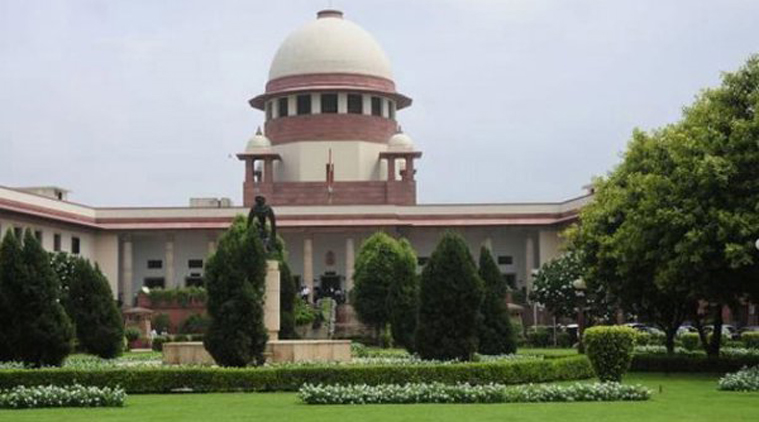
The Supreme Court has pronounced its final verdict on a series of pleas challenging the constitutional validity of the practice of triple talaq today, ruling that triple talaq practice is void and illegal after reading separate judgements of the 5-judge bench of the court. However, the apex court has decided to pass an injunction against the practice for 6 months until the Indian legislation passes a law in the matter.
The S.C took to explain it’s stance saying that it cannot interfere with the rites and traditions of the Sunni muslims which are a minority community in the country. The five member panel is led by CJI J. S. Khehar, it includes Justices Kurian Joseph, R.F. Nariman, U.U. Lalit and S. Abdul Nazeer. Each of the judges are from different religious communities — Sikh Christian, Parsi, Hindu and Muslim. They have heard seven petitions, including the five by different Muslim women.
Constitutionally, Muslims and other minority religions are allowed to regulate matters such as marriage, divorce and inheritance through their own civil codes. Traditionally there are two view points. There is a distinction between instantaneous talaq, or talaq-i-bidat (where divorce is complete when “talaq” is uttered three times in succession); with talaq ahasan, which requires a 90-day period of abstinence after the pronouncement, and talaq hasan, which requires a one-month-long abstinence gap between utterances. The latter two are part of Islamic personal law, but the first one is not.
Relying upon the Supreme Court’s own judgments, they point out that only those features of a religion are constitutionally protected which are “integral” or “essential” parts of it. There is no evidence to show that talaq-i-bidat constitutes an integral part of the Islamic faith and, consequently, it does not deserve constitutional protection.
During his Independence Day speech, Prime Minister Narendra Modi had praised the campaign by some women against triple talaq. He had said: “I would like to honor those sisters who have been forced to lead a very difficult life due to triple talaq. There is no recourse for them, and such victims of triple talaq have launched a massive movement in the country. They shook the conscience of the intellectual class of the country, the media of the country also helped them and a movement against triple talaq was started in the country.”
The Supreme Court had described the practice of triple talaq as the “worst”, and “not a desirable” form to dissolve a marriage. Last December, the Allahabad High Court too had called the practice “unconstitutional”, adding that a person’s rights cannot be violated in the name of “personal law”.

Post Your Comments